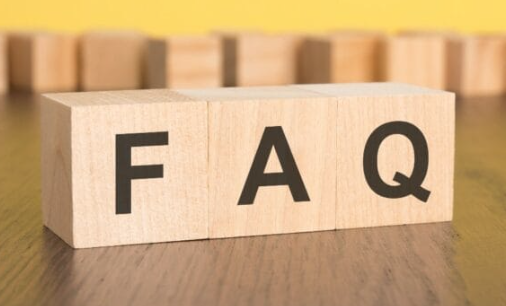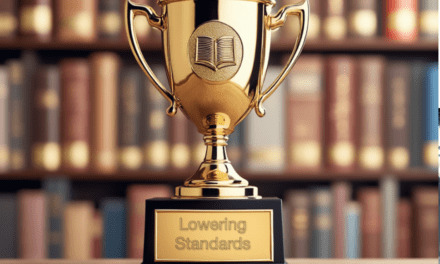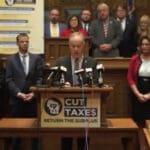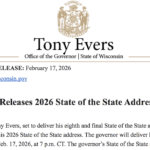FAQ from the Badger Institute
What are the basics of the constitutional amendment on major federal spending?
On Aug. 13, voters across the state should vote “yes” to two questions that would amend the state Constitution. The first would prohibit the legislature from ceding its “sole power to determine how moneys shall be appropriated” and the second would prevent the governor from spending money from major federal allocations without legislative approval. (You can find the ballot questions here.)
But doesn’t the Legislature already work with the governor on federal funding?
The Legislature had no input into how or where to spend billions of dollars that came to Wisconsin through three congressional bills — the CARES Act, the American Recovery Plan Act and the Infrastructure Investment and Jobs Act. The governor and the Legislature debate and decide on billions of federal dollars in every state budget, but whoever the governor may be has sole discretion over these sorts of revenue.
How come the Legislature is left out?
As far as can be determined, the governor assumed authority during the Depression without a vote ever having been taken. Since then, the Legislature is afforded no opinion on special or emergency federal appropriations. Wisconsin is now one of only 16 states that grant their governors sole authority over these allocations.
So, what changed?
In a critical report, the non-partisan Legislative Audit Bureau called on the governor’s administration to provide “clear and comprehensive information that will allow legislators and the public to more readily identify how these funds are spent in the future.” The authors of Assembly Joint Resolution 6 proposed the constitutional amendments.
Was there reason for concern?
The Badger Institute has over the past three years found numerous instances of waste, fraud and abuse in “emergency” spending. The state is still sitting on $1.1 billion of this funding with no explanation for why and where that “emergency” money might one day go.
Some critics of the amendment say it’s undemocratic, that it eliminates checks and balances. Is that true?
The opposite is true. Passing this amendment would give the 33 state Senators and 99 Assembly members, elected by you, a say in where all of that money goes. It doesn’t get much more democratic than that.
They also say it’s on a ballot that few voters will come out for. True?
This was as soon as the authors could get their amendment question before the voters. While the November election is likely to draw more voters, a question as important as a constitutional amendment is far less likely to get lost on a ballot in August.
But with all of the gridlock in Madison, isn’t this just the usual power grab?
A change in the state Constitution — not made or undone easily — is binding on every governor, regardless of party, and every Legislature, regardless of majority or makeup.














